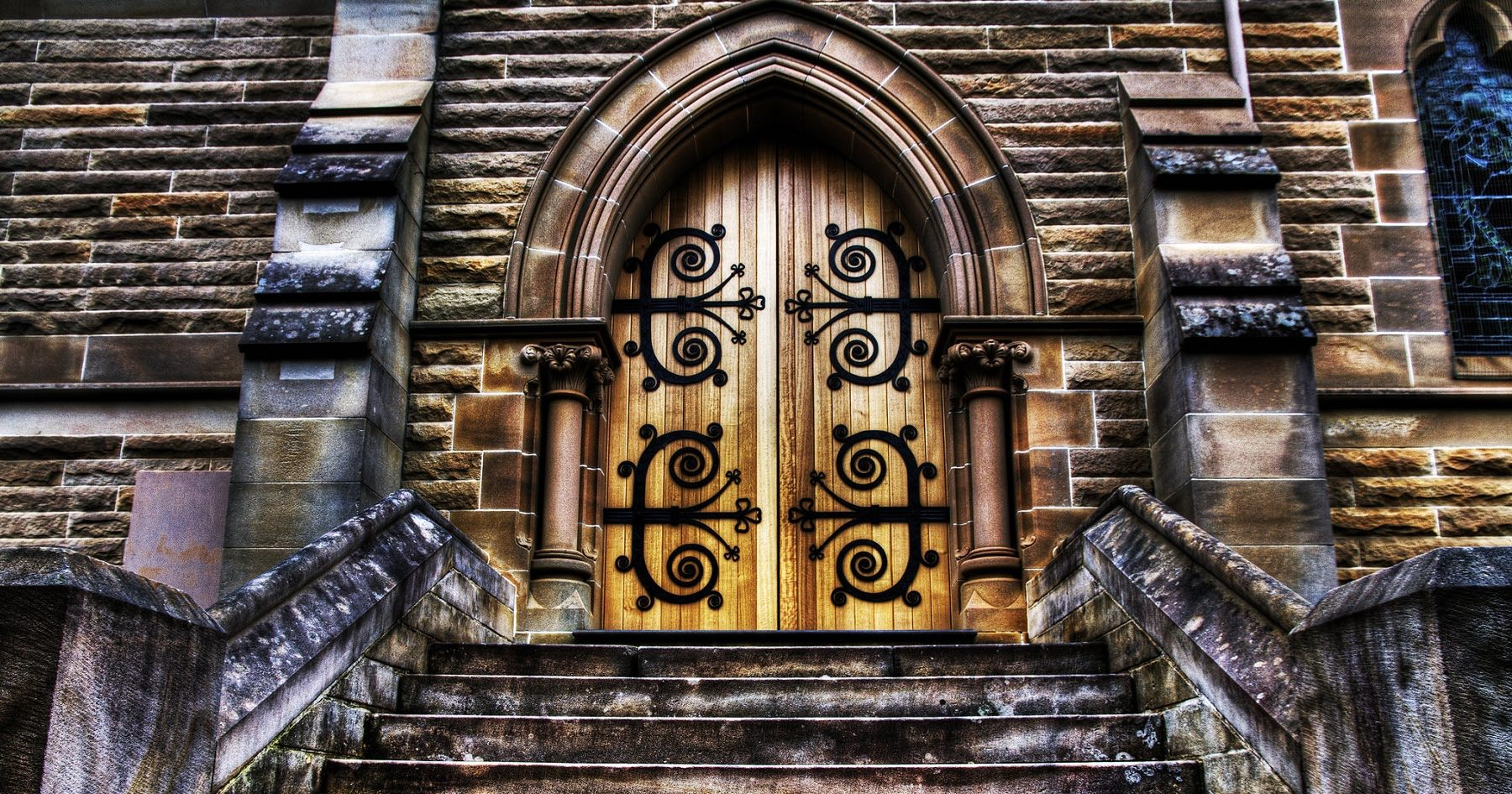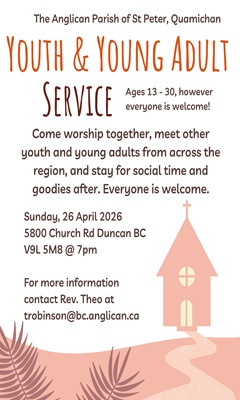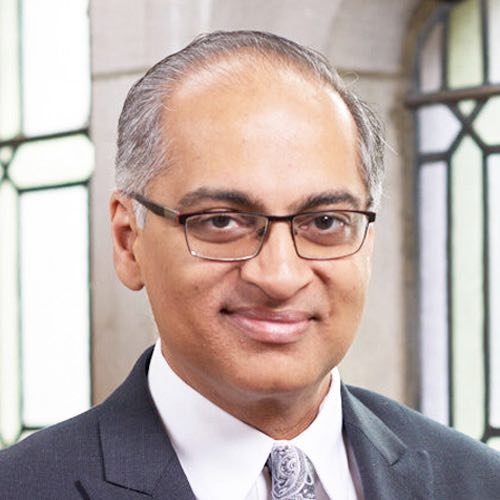As we become increasingly aware of the historical cruelty of Anglican, Catholic and other Canadian churches — the most recent papal apology serving as yet another important if overdue spotlight — participants in these churches are faced with the sharp questions: should I stay or should I go? Can I, in good conscience, remain invested in organizations with such troubling and violent legacies? It is hardly surprising that many either make the decision to leave or passively fade away. Neither decision can be faulted. Conscience must win out. As for myself, rather than leaving, I am, God willing, due to be ordained to the priesthood in a matter of days — surely a questionable decision in the eyes of many, especially now.
But, for me, the truly troubling and far-reaching question is whether there remain any institutions free of moral taint. Consider the inextricable ways that each of us is bound up with the nation-state and the neoliberal market — the former serving the latter — which are pillaging the planet and threatening the very possibility of organized human life. Remember also that Church and State acted together in the creation and maintenance of residential schools. Walking out of the Church but remaining Canadian does not resolve the ethical quandary or free us from moral culpability.
Short of living off the grid, there is no escape from morally compromised institutions. If we pay taxes, we at least tacitly assent if not consent to the practices of our nation-states and their violence. That said, pointing to widespread social wrongdoing cannot be the basis of an argument in favour of staying in churches. After all, churches are marked by a distinctive problem: they have violated the very ideals they claim to embody — ideals grounded in appeals to the Holy. It is this problem of spiritual self-contradiction that make ecclesial failures especially striking.
The nation-state and the market also make grandiose claims, and they too fail spectacularly. The trouble is that you cannot walk out of capitalism or the nation-state. They are, at least for now, unavoidable. Like Sartre’s vision of hell, there’s no exit. All we can do is exercise political agency to redirect these institutions in more just directions. Living inside these institutions means that we must recognize that the quest for moral purity is impractical and unrealizable.
Given our inextricable entanglement with compromised institutions, what are we to do? Specifically, absent spiritual communities, how are we to arrive at: 1) the rich and comprehensive vision for justice that is needed to redirect vast social structures, 2) the spiritual disciplines necessary to install that vision into our hearts and minds and 3) the collective communities of practice to move us from spiritual formation to community formation and ultimately to statecraft — to press our societies and economies in the direction of “the Beloved Community?” This is no individual DIY project. Something like a spiritual community seems unavoidable for those who seek to cultivate interconnected purposes. It need not be the Church, of course, but some such community seems indispensable.
Here we arrive at a conundrum: the more compelling, far-reaching and radical any community’s vision happens to be, the more certain it is to fall far short of its own aspirations. Imagine a historical institution that seeks to live in the name of the radical, egalitarian, anti-imperial and table-turning love of Jesus of Nazareth! Or Buddhist communities that seek to follow the Noble Eightfold Path envisioned by Siddhartha Gautama! The grander the vision, the greater the fall.
We have arrived at a dead end: spiritual communities — you can’t live with them and you can’t live without them. What are we to do? The Church’s approach to fallenness is a rigorous commitment to confession. Confession is integral to the liturgy of the Church. One does not get far into Anglican worship without a collective affirmation that we cannot worship in spirit and truth without being fitted to do so. Hence, the prayer,
Almighty God,
to you all hearts are open,
all desires known,
and from you no secrets are hidden.
Cleanse the thoughts of our hearts
by the inspiration of your Holy Spirit,
that we may perfectly love you,
and worthily magnify your holy name;
through Christ our Lord. Amen.
But any theology that suggests that confession and absolution can be had without accountability and reparations is radically flawed. Spiritual communities, soberly aware of their inevitable falling short, must have structures of accountability in place to hold leaders and members to account for their failures. Spiritual communities cannot take the easy way out: we cannot be Pollyannaish and ask to be defined solely by our ideals rather than our fallible, flawed and fragmentary practices. We are both what we nobly aspire to be and what we concretely manage to actualize. A core insight of Martin Luther holds not just for persons but also institutions: simul justus et peccator — at once righteous yet also sinners.
Where then does that leave us? Walking out of the Church still leaves me entangled with compromised institutions and the ongoing toll they take on a whole host of bodies, marginalized bodies in particular. Walking out is a defensible moral choice, but not one that resolves core historical and present wrongs. Nor does aspiring to a DIY spirituality suffice for me. I am, of course, responsible for directing my own spiritual life, but I need the community of the Church to hold me accountable.
What then? I’ve decided that purity is impossible but integrity is not; that’s true for both people and institutions. For Christians, both our ideals and our practices must be judged by the measure of the life and death of Jesus. Do our personal and institutional lives strive for and aim at cruciform love and service? We will never fulfill that aspiration — our reach will always exceed our grasp — but we can, with integrity, commit ourselves to living and serving within an institution that has Christlike life as its holy goal. We will fall short, but I for one, cannot imagine a worthier ideal to which to give my life.




